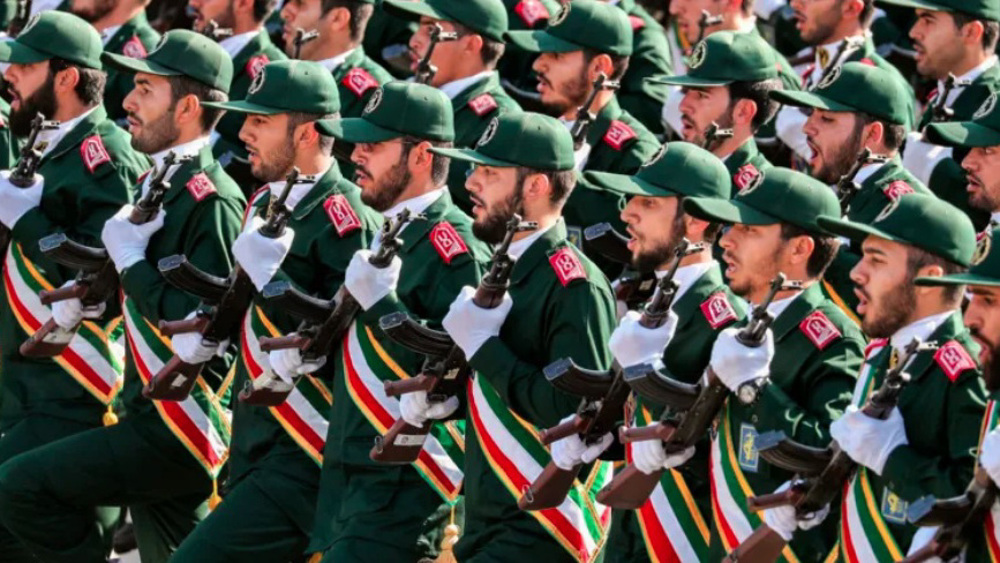‘US sanctions won't deter North Korea nuke program’
The United States has tested a Terminal High Altitude Defense (THAAD) missile system in Alaska over the Pacific Ocean amid rising tensions with North Korea. Also, American supersonic bombers have flown near the North Korean airspace, ignoring complaints from Pyongyang that the provocations may backfire on the US-led alliance. Press TV has asked William Jones, an expert of the Executive Intelligence Review from Leesburg, and William Overholt, a senior fellow at Harvard University Asia Center, from Hartford, Connecticut, to give their thoughts on the latest Korean Peninsula escalations.
William Jones believes that North Korean Leader Kim Jong-un is not going to step back from the country’s nuclear program, because Pyongyang is using it as a deterrent in order to ward off potential threats from the United States and its allies.
It is unlikely that the American-inspired sanctions regime would have any effect in terms of convincing the North Korean leader to pull back from the nuclear program, the analyst said on Sunday night.
Kim is “moving in that direction because he feels that only for that capability will North Korea remain safe,” Jones argued.
North Korean authorities feel that the United States is pursuing “a color revolution” and is ultimately seeking to drive out Kim’s regime, he analyzed.
The commentator noted that Pyongyang is looking at the greater picture which is the “fight for its existence,” because the country’s officials saw what happened to Libya when it gave up its nuclear weapons: the Americans and their allies carried out a regime change policy in the African country.
America’s military drills just outside the borders of North Korea and the imposition of sanctions against the Asian country have complicated the situation, with Pyongyang arguing that it is strengthening its nuclear and missile capabilities as part of a defense mechanism against US threats.
Jones warned that the American-led provocations in South Asia are only leading to conflict.

Jones said that the disputes among the United States, Russia and China can hinder reaching a consensus on the North Korean issue, saying that these countries have no longer that option of utilizing their leverage on North Korea to arrive at a diplomatic solution.
According to the analyst, the biggest problem is that “under the Obama regime, they initiated the pivot in which the United States would commit more than 50 percent of the US Navy in the Pacific and shore up its Cold War defensive alliances and of course that sent a signal to the region that there was no new deal in the works.”
The standoff between Pyongyang and Washington escalated earlier this week after North Korea test-launched Hwasong-14, reportedly an intercontinental ballistic missile (ICBM), into the Sea of Japan.
Meanwhile, William Overholt, the other guest on the show, criticized North Korea for taking aggressive military action.
“North Korean nuclear programs are not just threatening the United States or South Korea, they threaten China,” he explained.
Participation shrinks at Israeli arms expo in wake of Gaza genocide: Report
Venezuela calls on UN to pressure US for Maduro’s immediate release
Hamas: Israel seeks to break Palestinian abductees’ will through abuse
Former UK ambassador released on bail after arrest in Epstein-linked probe
Hamas condemns Israel’s arson attack on mosque in West Bank, calls for mobilization
Trump's top general warns of Iran aggression risks: reports
VIDEO | US ambassador’s remarks on Israel’s expansion spark outrage
VIDEO | ‘Protect the Right to Protest’ rally held outside London court













 This makes it easy to access the Press TV website
This makes it easy to access the Press TV website